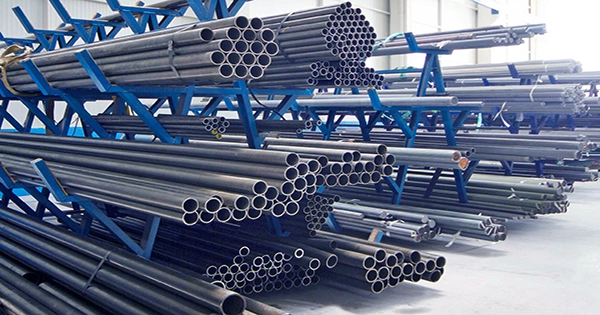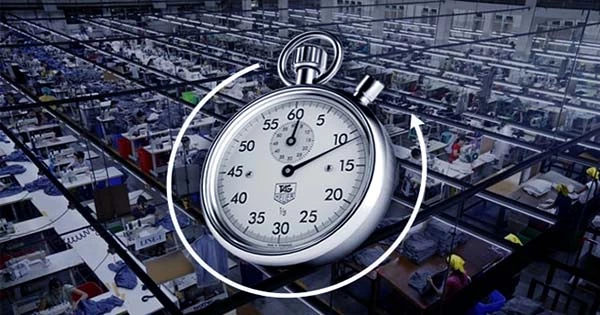Biodegradable plastic is a type of plastic that is intended to disintegrate when it comes into contact with microbes; it is typically derived from natural byproducts and is manufactured under strict temperature and humidity controls. Bioplastic is the term for the majority of biodegradable and compostable plastics, which are typically derived from plants (such bamboo or sugarcane) rather than fossil fuels. These bioplastics must have their compostability validated in accordance with international standards so that they can be used in commercial composting facilities in order to be fairly and effectively biodegradable.
Although they sound similar, the terms “bioplastic” and “biodegradable plastic” are not interchangeable. Some biodegradable plastics are completely petroleum-based, and not all bioplastics plastics made partially or entirely from biomass are biodegradable. Solutions like employing bioplastics are being researched and used more as businesses strive to be perceived as having “Green” credentials. However, many doubters hold that bioplastics won’t provide the solutions that others anticipate.
The European EN 13432 is one of the most well-known biodegradability standards. A substance must meet the following criteria in order to be termed biodegradable, according to NaturePlast’s analysis of relevant standards in the literature:
- Have a volatility rate that is at least 50%;
- After being initially composted for 12 weeks, be able to fragment at least 10% of its initial weight over a 2mm sieve;
- biodegrade in no more than six months, with a minimum biodegradation rate of 90 percent (in comparison to the maximum degradation of a reference substance);
- Additionally, in terms of toxicity, the final compost must perform at least 90% better than the related reference compost, as per OCDE 208.















